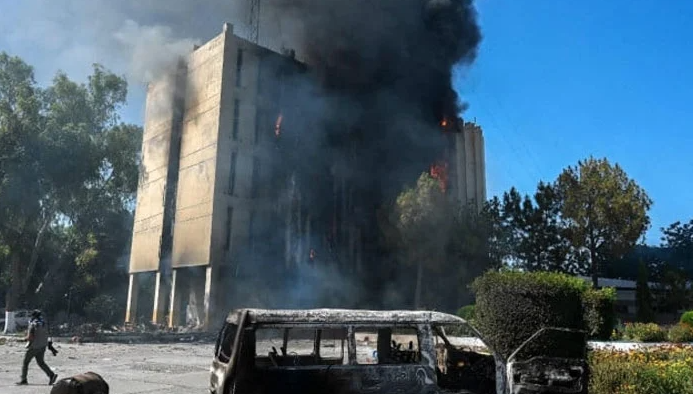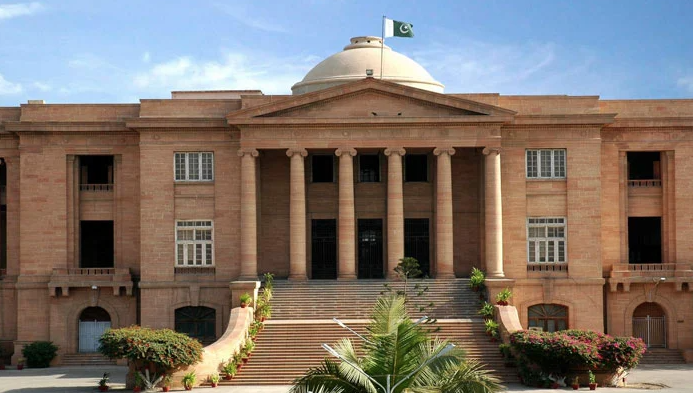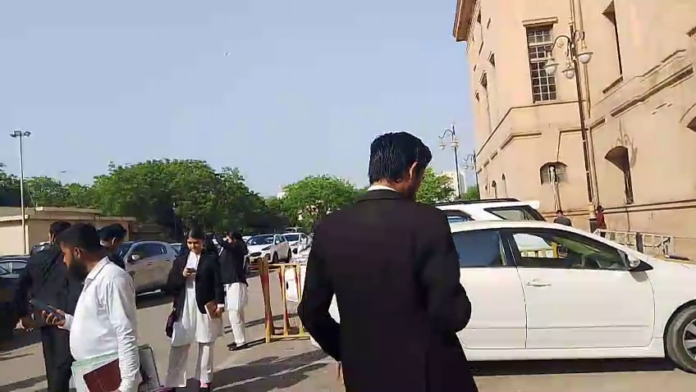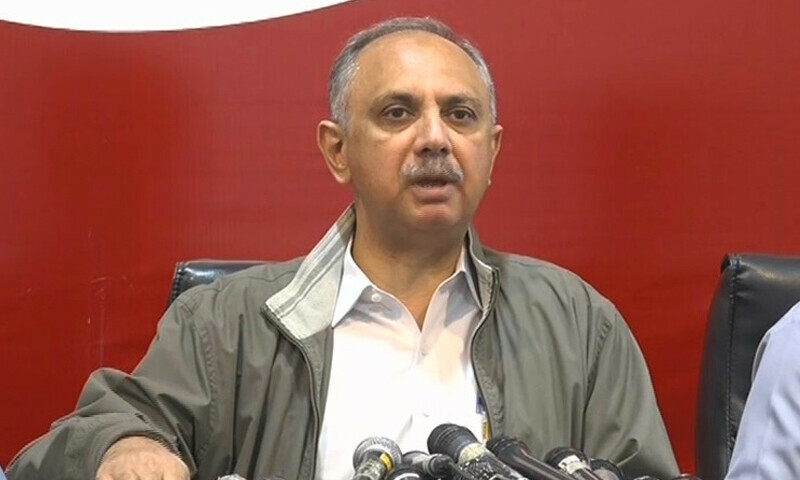LEGAL
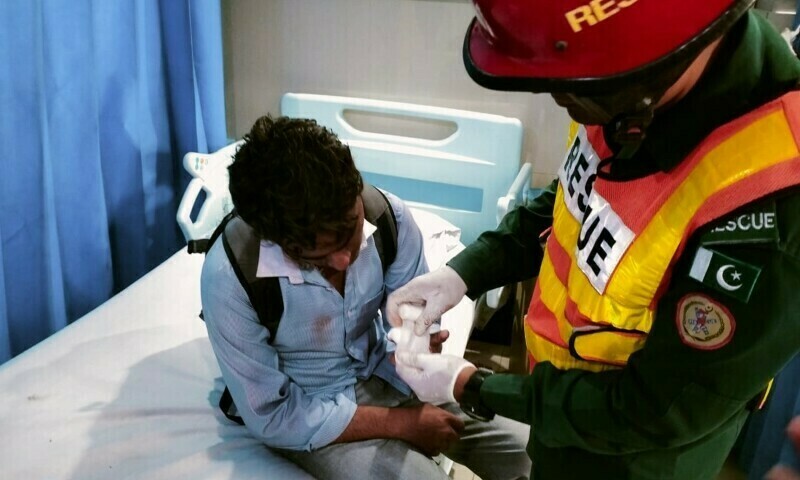
A joint fact-finding mission conducted by the Human Rights Commission of Pakistan (HRCP) and the AGHS Legal Aid Cell has raised critical concerns over the handling of an alleged sexual assault case at a private college in Lahore. The mission’s report highlighted the lack of forensic evidence and reliable testimonies, concluding that, without these, widespread allegations of assault against a student remain unverified.
The investigation followed a series of incidents that have fueled suspicion and distrust among students at Punjab College, Campus 10. Social media platforms were flooded with unverified allegations of rape, which were further complicated by contradictory statements from government representatives who initially validated the allegations but later reversed their stance. The mission observed that the college administration’s response was delayed and inadequate, adding to the students’ unrest.
In an Oct 14 protest, hundreds of students gathered at Campus 10, demanding justice for the alleged victim. However, police allegedly used disproportionate force against the demonstrators. This response, as documented in the HRCP-AGHS report, has drawn criticism for suppressing student voices seeking justice.
The mission also noted that various online entities may have exploited the situation to amplify their social media reach, creating an environment where misinformation intensified students’ discontent with campus security, harassment incidents, and distrust in both the administration and police.
Despite the role of misinformation, the mission believes the intensity of student outrage reflects genuine concerns that should not be dismissed. The report emphasizes the need for regular, public campaigns focused on digital literacy and fact-checking to curb misinformation’s impact.
Among its recommendations, the fact-finding mission calls for a thorough forensic investigation of CCTV footage from Campus 10 for the first two weeks of October, as well as accountability measures for police officers who used force against student protesters. Additionally, the mission urged establishing effective anti-harassment committees on campuses to handle such cases with confidentiality and accessibility for students.
In a separate development, an anti-terrorism court on Friday granted police a six-day physical remand of a TikToker, Sara Khan, who claimed to be the mother of the alleged rape victim. The investigating officer revealed that Ms. Khan’s video had gone viral on TikTok, further intensifying the public response to the case. She has been charged with making a false claim, inciting public sentiment against authorities, and encouraging violence. Judge Manzer Ali Gill ordered her to remain in police custody from sunrise to sunset and to spend nights in judicial custody.
This case has highlighted the urgent need for clear and prompt responses to allegations of harassment and assault on educational campuses. The HRCP and AGHS report stresses that concerns regarding harassment and sexual violence must be addressed seriously, with appropriate measures in place to protect students' rights and safety.

